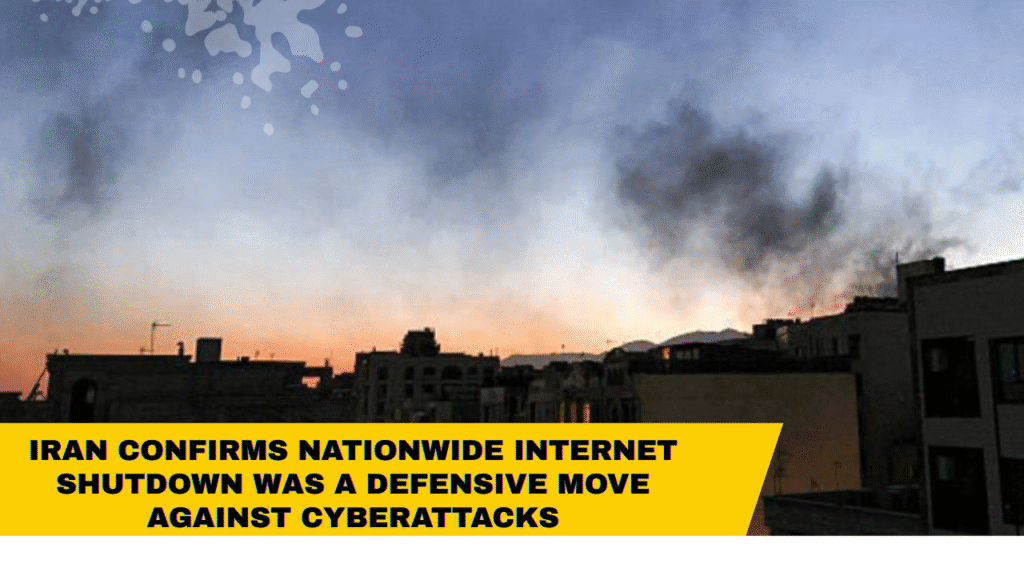Earlier this week, nearly the entire population of Iran lost access to the internet in what has been described as a near-total national blackout. The sudden and widespread outage left millions of people disconnected unable to access news, communicate with loved ones, or follow updates on the escalating war with Israel.
Initially, the cause of the shutdown was unclear. But Iran’s government has now acknowledged that it ordered the internet restrictions in an effort to protect against increasing cyber threats, which it attributes to Israel.
Government officials explained that the decision to impose the blackout was driven by growing security concerns. Critical infrastructure, including banks and digital platforms, had come under cyberattack. Authorities also cited concerns about enemy drones being operated via internet systems, as well as a recent hack of a cryptocurrency exchange. These incidents led the government to switch to a national internet system and block access to the global internet to safeguard vital services.

Among the targeted institutions were Bank Sepah and Nobitex, one of Iran’s largest cryptocurrency exchanges. Responsibility for the cyberattacks was claimed by a hacker group known as Predatory Sparrow — or Gonjeshke Darande in Farsi — which has aligned itself with pro-Israel motives. The group has previously disrupted major sectors in Iran, including gas stations and steel production facilities, and is known for carrying out highly coordinated attacks.
The internet blackout has severely impacted civilians. Iranians inside the country are struggling to get timely updates or contact friends and family, while those outside remain desperate for information. Communications are not only limited online; even phone calls from outside Iran are reportedly failing to go through, with callers receiving uninformative recorded messages instead.
Amir Rashidi, director of cybersecurity and digital rights at the Miaan Group, has been personally affected. His family recently evacuated their neighborhood in Tehran after warnings of a potential Israeli missile strike, and he has not heard from them in two days. Though someone was supposed to update him, he is left waiting and hoping for their safety.
For most people, connecting online has become nearly impossible. However, a small number of tech-savvy individuals are still able to get around the restrictions using virtual private servers or by taking advantage of irregularities in ADSL network connections. According to activist and cyber-espionage researcher Nariman Gharib, these workarounds are limited and unreliable. While a few people with advanced knowledge are managing to stay online, the vast majority remain completely disconnected from the internet and the outside world.
As the digital blackout continues, Iran’s Foreign Ministry has publicly accused Israel of not only committing military aggression but also waging an information war. The ministry has criticized Israel for banning foreign media from reporting on missile strikes and enforcing censorship to obscure its actions during the conflict.
Also Read : Midjourney Debuts Its First AI Video Generation Model, V1

